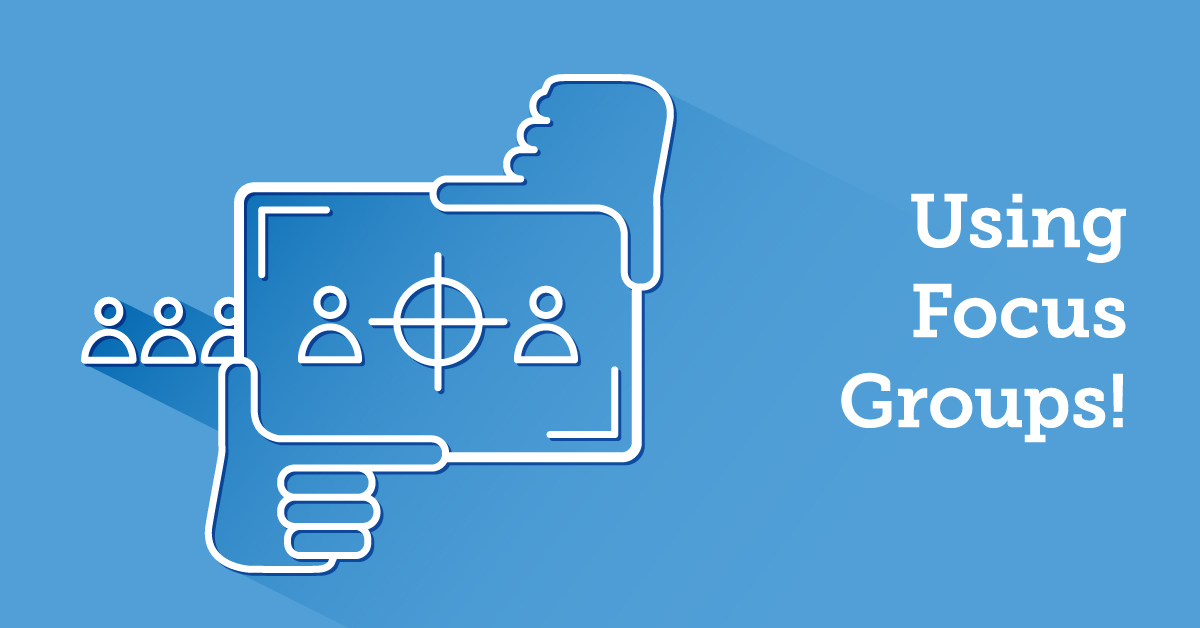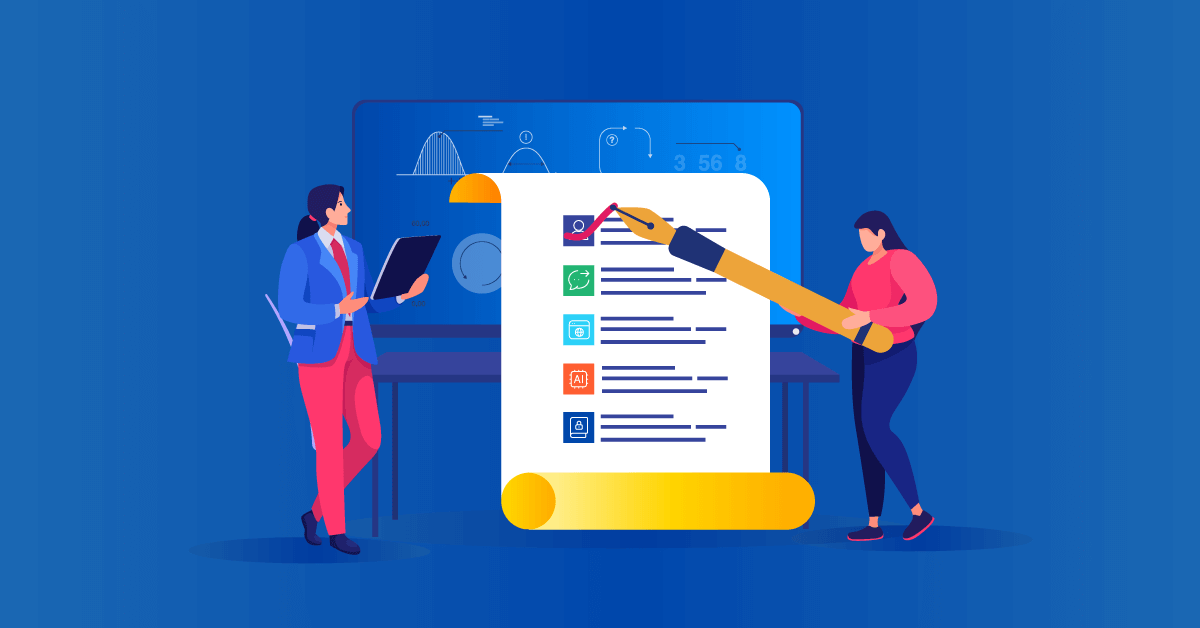Do you want to know what your online learners really think about your eLearning content? In this article, We’ll share 8 tips to use focus groups to continually improve your eLearning course design.
How The Use Of Focus Groups Can Help You Fine-Tune Your eLearning Course Design
Focus groups aren’t just for marketing executives and QΑ testers anymore. In fact, eLearning professionals can use this valuable feedback tool to spot holes in their eLearning strategy, as well as provide online learners with more personalized resources to help them achieve their learning goals.
Planning and conducting a focus group takes time and resources to make the process run smoothly. Let’s discuss 8 ways you can use focus groups to fine-tune your eLearning course design and maximize the benefits.
1. Re-Evaluate Your Current Learning Objectives
Truly effective focus groups center on a specific learning objective or goal. Thus, you need to re-evaluate your current learning objectives to ensure that they are on target. Do they still accurately reflect your organization’s needs? Are they clear and concise? Do they involve measurable results?
Meet with your eLearning team to update your learning objective statements and verify that they still support the desired behaviors. Your new and improved learning objectives will help you steer the focus group in the right direction and concentrate on what’s really important.
2. Focus Your Efforts On The Gaps
Now that you’ve refreshed your learning objectives, the next step is to identify the gaps. Specifically, the knowledge, skill, and performance gaps that stand in the way of achieving those learning objectives.
Gaps allow you to narrow the topics you’ll cover during the focus group. For example, your LMS metrics, assessment results, and other data sources reveal a specific skill gap. Thus, you can formulate targeted questions regarding online training activities and modules that tie into this skill set.
3. Invite A Diverse Group Of Participants
One of the most significant benefits of conducting a focus group is that you get a fresh perspective. But you must spread the net wide to gather as many opinions and insights as possible.
Choose a handful of participants who represent specific groups. For instance, those with certain demographics, experience levels, or job positions.
Don’t go overboard when creating your invite list, as you want to give everyone the chance to speak their minds and share their ideas without having to worry about being judged or struggling to get a word in edgewise.
4. Open The Door To Comments And Questions
Focus groups are a collaborative endeavor. You should have questions prepared for your participants. However, they must also have the chance to ask questions of their own and express their concerns. Open the door to comments and suggestions so that your online learners feel like they’re part of the process.
This also allows you to see your eLearning course design from a different point of view, as online learners can be fully transparent regarding elements they enjoyed and what they would like you to improve.
5. Choose The Ideal eLearning Feedback Method
Will focus group participants fill out surveys or polls? Will you hold a lively online discussion where they can share their insights with peers? Do you want them to input their online questionnaires’ responses directly into the LMS to make it easier to track? Ideally, you should choose an eLearning feedback method that aligns with the subject matter and team preferences.
For example, your L&D team must gather all the data and then create visualizations. Thus, an online survey may be the best approach, as you can upload the results to the LMS and tap into its robust reporting capabilities.

6. Analyze Data To Identify Patterns
After you’ve gathered the eLearning feedback results, it’s time to analyze the information to look for trends. For example, you notice that most of the participants had an issue with the eLearning course layout. They felt it was difficult to navigate and needed more aesthetic appeal.
In response, you can work on the visuals of your eLearning course design and prioritize eLearning navigability by making the icons more prominent and de-cluttering the overall design, for instance. Focus groups are only worthwhile if you know how to use the data. Thus, you must be ready to analyze your findings and look for a common theme.
7. Schedule A Recap Meeting With Your eLearning Team
You need to ensure that your eLearning team is up to speed and understands the focus group results. As such, you might consider a recap meeting after the fact to present your findings. For instance, which areas for improvement the focus group revealed, and how you plan to resolve the issue.
This is also a great opportunity to get their input regarding how to improve the eLearning course design. They have unique eLearning skills and expertise, which means that they can approach the problem from different angles. For example, your Subject Matter Expert may be able to help you eliminate unnecessary eLearning content to improve comprehension.
8. Timing Is Everything
Knowing when to host the focus group is essential. Are you going to conduct the focus group after the eLearning course concludes? Will you invite online learners to participate in a trial run before launching the eLearning course?
You must also consider scheduling conflicts and time differences. For example, your eLearning team may need to schedule several focus groups to cater to different time zones. Especially if you plan on hosting a live session with the help of a video conferencing tool. If this is the case, make certain to record the event for future reference.
You can always rewatch the focus group recording to spot ideas you overlooked or even allow absent members of your eLearning team to gather the data they need.
Unfortunately, focus groups are not a cure-all for every issue that afflicts your eLearning course design. However, they can give you the data you need to identify pain points and personalize your eLearning content. Use this article as a guide to organizing a successful focus group that helps you evaluate your current eLearning strategy and adapt your approach.
Are you still wondering whether a focus group is a right approach? Read the article 6 Reasons To Use Focus Groups in eLearning to discover 6 convincing arguments you need to start using focus groups in eLearning.
| Tags: eLearning Design



